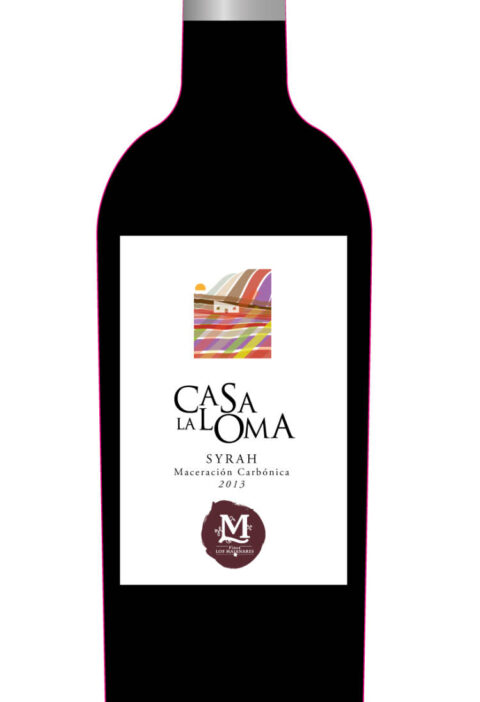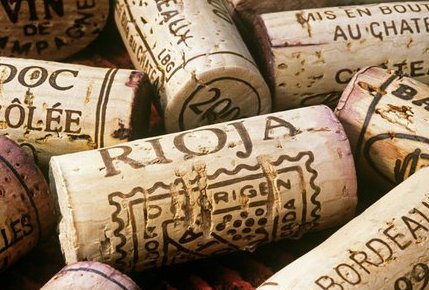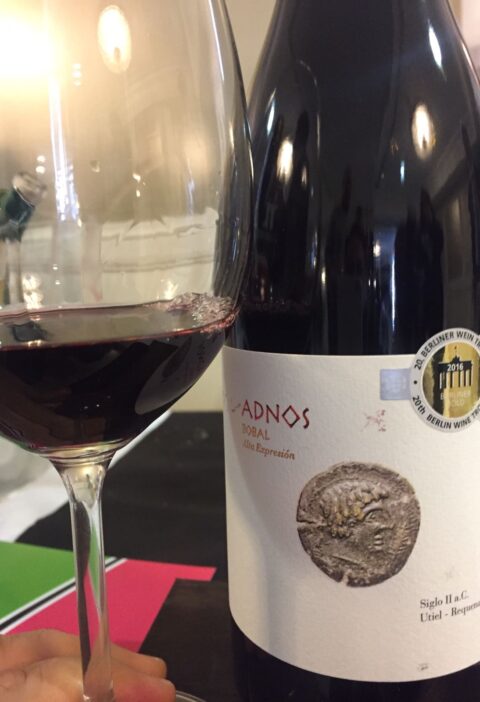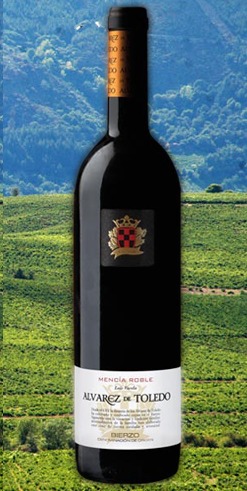The Culture of Wine in Jerez
The Culture of Wine in Jerez. According to the UNESCO definition, culture embraces distinctive spiritual, material, intellectual and emotional traits which characterise a society. It is a broad concept which goes beyond arts and letters to encompass people’s way of life and fundamental human rights as well as their systems of values and beliefs. The definition goes on: “Culture gives us the capacity to reflect on ourselves, and that makes us human beings, rational, critical and ethical. It is that which makes us express ourselves, be aware of ourselves and recognise ourselves as an unfinished project, question our achievements, tirelessly search for new meaning and create things which transcend it.”
Today, one commonly hears the expression “non-material patrimony”, and this could be defined as cultural heritage which produces both material and immaterial things by which the creativity of a community is expressed: knowledge, written or not, professions, tools and skills, specific languages and even places with special meaning for a particular community.
And it is this concept which makes us different. Culture makes us individual within a community; it is what makes us belong to a people, a place and a particular group. Each culture has its own unique and irreplaceable set of values. In this modern globalised world which seeks to homogenise everything, having and keeping one’s own culture is tantamount to keeping one’s own identity; and the defence of cultural identity is no less than the defence of traditions and history, moral, spiritual and ethical values inherited from past generations.
Sherry & Culture
In Jerez nobody doubts that our wine is an essential element of the cultural patrimony inherited from previous generations and which links us with our forebears. Wine growing and wine making, the vineyards and bodegas, the production and sale of Sherry, and for a very long time the enjoyment of it, form an essential part of our culture. Doctor Borrego Pla once said that “Sherry is a creator of culture”; it has generated a huge amount of knowledge, language, rites and traditions which have linked so many generations throughout history and endowed us – here and now – with our own unique culture which allows us to express ourselves collectively to the world.
This is a cultural heritage which manifests itself not only in the form of impressive cathedral-like bodegas, but also in the intimacy of the humble tabanco; in the epic pages of our history and in the less widely known stories of the coopers and the growers. It is the fruit of a history brimming with illustrious names and, much more importantly, the thousands upon thousands of anonymous people with whom the Jerezanos of the XXI century share intangible connections in our streets and countryside.
But our unique patrimony, like many others, is showing signs of weakness in the face of a tsunami of cultural globalisation; it is facing an unstoppable epidemic, fuelled as much by the inexhaustible financial capacity of other cultures as by the ignorance – or simple lack of interest – in those to whom our heritage has been entrusted. This epidemic has already confined many other cultural identities to the passive prison of museums or academic books, stripping them of what keeps them alive: their everyday expression, their presence in the life of the society which created them, and therefore their future. Sadly, a culture which has to be sought out in books and museums is a dead culture.
Luckily our culture is still alive, sustained by a growing interest in our wines and all that goes with them. Resurgence can be seen in tabancos and the traditional mostos, consumption is growing in ferias and pilgrimages and in the growing phenomenon of wine tourism. Our wine is offering itself to consumers in very diverse ways, not just as a simple drink but also as the essence of an undeniable cultural identity: our land, our place.
But we cannot afford to lower our guard; keeping our cultural identity intact is the responsibility of us all. In the face of globalisation, there can be no better defence that the passing on of knowledge, which in the end will bring us justified pride in our culture and our wine and, we are sure, collective responsibility for transmitting this pride to the next generation.






